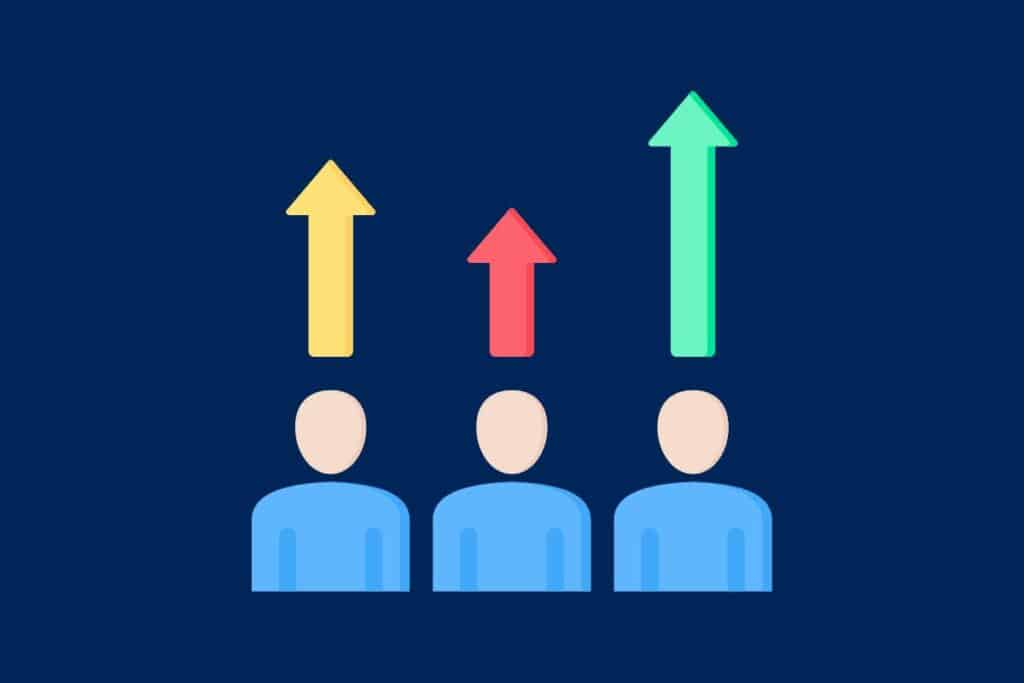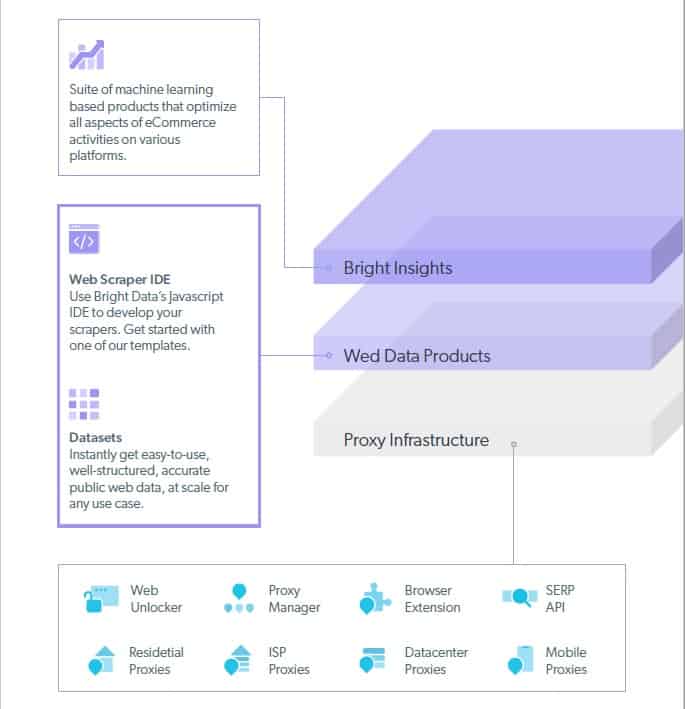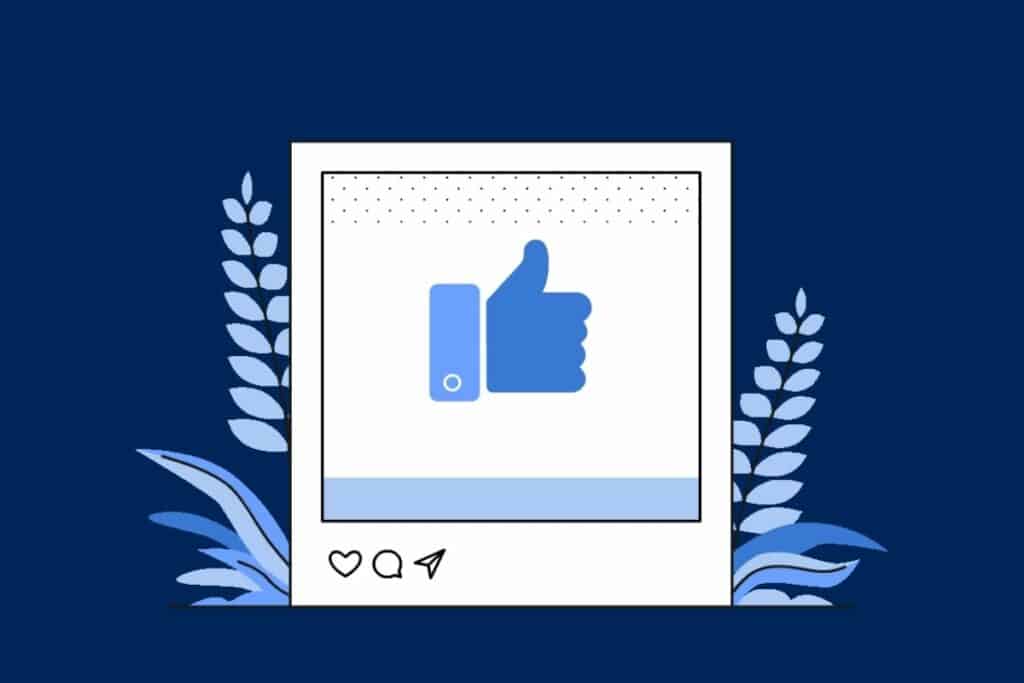This post may contain paid links to my personal recommendations that help to support the site!
The world of business is constantly evolving, and the use of web scraping is no exception.
In this blog post, we will discuss 5 innovative web scraping uses that can help your business in 2023. Web scraping can be used for a variety of purposes, including data collection, lead generation, market research, price monitoring, and more.
If you are looking to stay ahead of the curve in 2023, then you need to be using web scraping.
Read on to find out more!
What Are Some Web Scraping Uses for Businesses?
1. Competitor Analysis

Firstly, web scraping allows you to easily collect web data from any online page on the internet, which can give you an advantage over your competitors.
Competitor analysis is essential for businesses, as it allows you to identify their strategies and stay one step ahead.
A web scraper can help scrape the following types of information:
- product pricing
- product lines
- customer reviews
The scraped data can be used for data analysis to identify trends in pricing, product availability, or customer reviews, and drive decision-making.
This use of web scraping is typically used by eCommerce stores to monitor their competition and stay ahead of the market.
Traditionally, this has been done through web scraping code in programming languages like Python and Javascript. However, this is a cost-effective method for personal use only. Most scripts are unable to scrape web pages smoothly and concurrently on multiple web browsers.
If you intend to use web scraping for your business, I recommend Bright Data. Bright Data is one of the leading tools to perform web scraping—with built-in unblocking proxy infrastructure and cloud hosting.

Going beyond just a layer of web data products, Bright Data offers other helpful features such as their Web Unlocker, which can help businesses bypass captchas and automated retries.
2. Lead Generation
Data scraping can be used for lead generation by pulling data such as contact information from web pages or business directories.
In most businesses, generating leads is one of the most manual and time-consuming tasks for employees. Therefore, using web scraping to collect leads can be a huge time saver.
Through web data extraction of phone numbers or email addresses, you can reach out to potential customers and secure more leads for your sales team.
3. Market Research
Web scraping can also help you stay on top of industry trends.
To achieve this, web scraping tools pull data from online sources such as social media, blog posts, and websites.

With this collected data, you can better understand consumer behavior and preferences so that you can plan your marketing strategy accordingly.
4. Content Curation
Content curation is the process of gathering digital content from a variety of sources and organizing them in one place.
A web scraping tool extracts data from multiple websites and creates an organized collection of content topics relevant to an industry or business.
Businesses can use this curated content for a number of purposes, such as creating blog posts, marketing campaigns, and social media content.
5. Social Listening

Social listening is a great way to gain insights into customer sentiment and feedback about your business.
Web scraping can help you collect data from review websites, social media networks, and other online sources so that you can quickly respond to customer queries or complaints.
Related Questions
What is Web Scraping?
Web scraping is the process of extracting data from websites using automated software or programming. It enables businesses to collect large amounts of structured data quickly and easily from raw HTML data found on web pages.
Extracted data can be used for various purposes such as competitor analysis, market research, lead generation, and price monitoring.
What Are the Benefits of Web Scraping?
The benefits of web scraping include:
- Cost Savings
- Data Accuracy
- Faster Access to Data
1. Cost Savings
With web scraping, businesses can save time and money by automating their data collection process.
For example, your business can set up scrapers to run on a daily or weekly basis to collect structured data from different sources without having to pay manual researchers or buy costly datasets.
2. Data Accuracy
Web scraping offers high accuracy since it is performed using automated software which does not usually make mistakes.
These web scraping tools ensure that data is collected accurately and consistently, which allows businesses to make better decisions based on reliable data.
Scraped data is often more accurate than manual collection methods as the software follows a set of predetermined rules when gathering information.
3. Faster access to data
Finally, web scraping helps businesses gain access to data quickly and easily, which can help them make better decisions in a shorter period of time.
This rapid response helps businesses to analyze trends or customer feedback promptly.
By leveraging the power of web scraping tools, businesses can remain competitive and capitalize on market opportunities more efficiently.
This is especially true if you get your data extracted from a web data platform like Bright Data. They offer plans for cost-effective and fresh datasets tailored to your business needs. Not only do they provide custom datasets, but they also have subsets available if you do not require entire large datasets.
The best part about their platform is that they offer free sample datasets too! This is a good option if your business needs some samples to assess and analyze before investing in a full purchase.
How Do Web Scrapers Work?
Web scrapers work by following a set of instructions (programmed into the software) to extract data from websites. Web scrapers fetch content from pages, parse them into specific data fields, format data and store them in a database.
For example, the program will go through a website and look for specific pieces of information, such as contact details or pricing information, and store this data in an organized format.
Once the data is collected, the dataset can be analyzed to look for trends or to build leads taken from web pages.
Most traditional web scrapers are programs made from libraries in the Python programming language. However, more no-code web scrapers have surfaced that can perform a similar function for non-programmers.
One such web scraping tool is Bright Data, which provides a web scraping cloud solution that lets you scrap quality data from any public website.
However, they also offer a Web Scraper IDE for developers who want more customization of the data they need within a simple Graphical User Interface (GUI).
Have a look at some of the benefits of their Web Scraper IDE below:

The most crucial factor for most businesses is the ability to overcome blocking by target sites. This is why the unblocking technology from Bright Data makes this an excellent product.
Is Web Scraping Legal?
In some cases, web scraping may be considered a legal practice. However, it is important to understand the laws and regulations that apply in your jurisdiction before doing any web scraping.
Generally speaking, if the website you are scraping allows automated access and does not explicitly prohibit such activity, then it can be deemed legal.
If you are not sure if your Python web scraping is legal, you can consider getting web scraping software to gather data. Bright Data provides a reliable and legally-compliant web scraping tool you can use for business to satisfy all your legal requirements.
Alternatively, you can instead choose to buy ready-to-use datasets collected to ensure that your data is fully compliant.
Disclaimer: This is not legal advice, if you require professional legal help, please consult a lawyer instead.
What Type of Data is Extracted From Web Scraping?
Data that can be extracted with web scraping includes contact information (such as names, emails, and phone numbers), pricing details, product descriptions and images, reviews and ratings, social media posts, and news articles.
However, this list can go on as many advanced web scraping bots have functions that can scrap dynamic web pages.
Depending on the type of data you need to collect, you may require different types of web scrapers.
Additionally, some web scraping software offers more advanced features such as the ability to scrape data from multiple websites or extract structured data from unstructured sources.
By leveraging the power of web scraping, you can collect a large amount of relevant and valuable data quickly and easily.
This will help you gain insights into customer behavior and preferences so that you can make informed decisions for your business.
Final Thoughts
In conclusion, web scraping is a powerful tool that can help businesses gain insights into customer sentiment and feedback.
It can also be used to collect data from review websites, social media networks, and other online sources quickly and easily.
Web scraping offers various benefits such as cost savings, data accuracy, faster access to data, and more. When done correctly, it can be a powerful tool to help businesses gain valuable insights and remain competitive in their industry.
I hope this article has been helpful in understanding the various web scraping uses in businesses.
